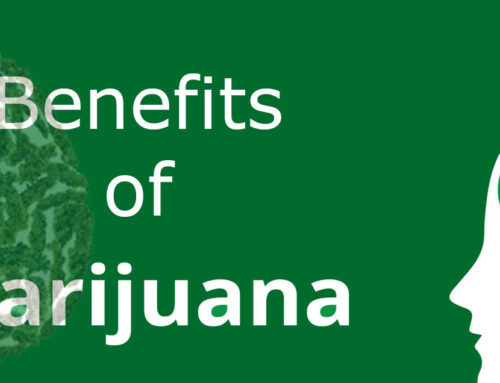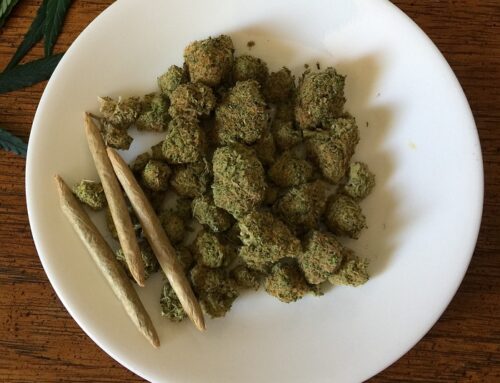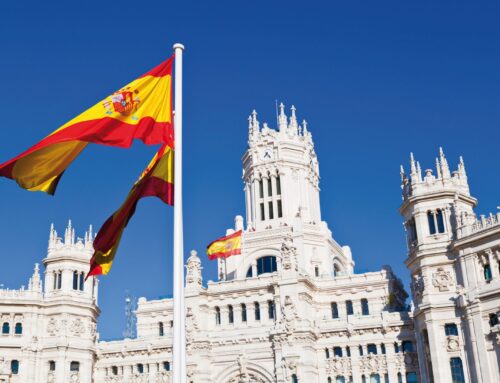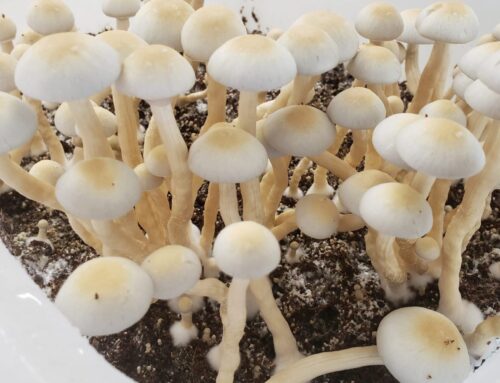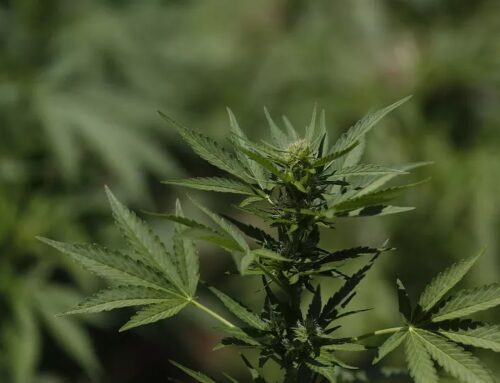Michael Gove has admitted smoking cannabis while he was a student – but insisted that he not get “very high” because the drug was weaker in the 1980s.
The cabinet minister claimed public no longer had any “fierce interest” in politicians’ history of taking drugs, as he revealed his fears about the strength of illegal substances today.
Asked if he took drugs while at Oxford university, Mr Gove told a Times Radio podcast: “Yes, I did”, saying they were a “feature of the student experience for a lot of people”.
The communities secretary said: “Without wanting to get too much into the policy of it, I think that the type of cannabis, marijuana that is available now will often have a far higher THC content a far higher capacity to cause harm.”
Asked whether he was saying that he “didn’t get very high” at university, Mr Gove replied: “No.”
The cabinet minister went on to share his concerns about cannabis. “The other thing also is that I think that the evidence about the link between smoking too much, or ingesting cannabinoids too heavily, and mental illness and psychosis and so on, is more pronounced,” he said.
Mr Gove has admitted taking cocaine on several occasions in the past, saying he regretted those experiences after details emerged in a biography of the senior Tory.
“I did take drugs. It is something I deeply regret. Drugs damage lives. They are dangerous and it was a mistake,” he told the Daily Mail.
The levelling up secretary announced in March that Rishi Sunak’s government would ban the sale of nitrous oxide, also known as “hippy crack”, to stop public places being turned into drug-taking “arenas”.
Asked in March if he was being “hypocritical” to warn of the dangers of drugs, Mr Gove said: “No. It’s because I’ve learnt that it’s a mistake – worse than a mistake – to regard drug-taking as somehow acceptable.”
In 2021, the then-policing minister Kit Malthouse said he would be “surprised” if there were not users of illegal drugs in parliament after the probe found traces of the class A substance in 11 out of 12 locations tested in parliament.
Souce:



